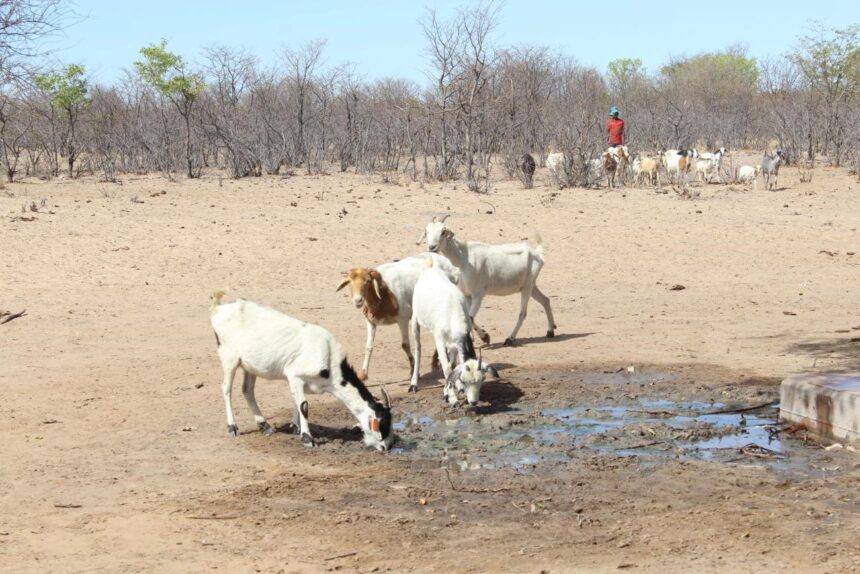In its latest determination, the Bank of Namibia (BoN) has told commercial banks to implement relief measures, including the restructuring of loans, granting of loan moratoriums, and emergency funding under preferential terms.
A determination refers to procedures to be followed when a new policy is to be considered, or a change in an existing policy.
The Bank said the recently-issued Determination on Policy Changes in Response to Economic and Financial Stability Challenges is the result of the persistent drought countrywide and comes into force with immediate effect.
The determination was issued following the declaration of a State of Emergency on account of drought by President Nangolo Mbumba in May this year, the central bank said.
It aims to ease the financial burden on affected farmers and clients while helping to stabilise the agricultural sector. “The determination was issued to provide credit-related drought relief policy measures to assist farmers and agricultural business owners who are experiencing financial difficulties because of the drought. It provides relief to agricultural clients who can demonstrate that they have been severely affected by the drought over the past few years…”
“ It is a reflection of the bank’s ongoing commitment to support the agricultural sector during these challenging times by ensuring that local farmers and agricultural businesses have the financial flexibility they need to navigate the drought crisis.”
With low to average rainfall anticipated in the coming months, the determination will remain in force until October 2026 and will be subject to continuous review by the bank.
Efforts
In total, Namibia has set a budget of N$1.6 billion to roll out a multi-faceted drought relief programme, which includes food assistance to vulnerable households, cash incentives for livestock farmers, and water provision for drought-hit communities.
However, the programme is facing a funding shortfall of about N$482 million to reach an additional 373 276 households, which translates into 1.26 million people, or 41% of the country’s population.
The protracted drought has seen the country’s aggregated cereal production of white maize, sorghum, pearl millet and wheat decreasing by 53%, while dam levels countrywide have dropped by 69.7%.
As a result of the diminishing crop output and declining dam levels, there has been a significant deterioration in household food security in various regions of the country.
Although the government has since late last year continued rolling out drought aid to farmers and households countrywide, limited funds and competing priorities have somewhat stalled efforts to reach all affected households.
Solutions
Many experts have made various key recommendations to government to improve food availability, which included providing drought-resistant seeds and modern agricultural training to communal farmers, increasing capacity-building initiatives for agricultural extension officers, and expanding hydroponic fodder production across all regions.
It has also been recommended that the government continues monitoring key factors such as staple commodity prices, inflation impacts, seasonal rainfall patterns and the potential effects of La Niña to mitigate the crisis and ensure timely and effective humanitarian assistance.
-ohembapu@nepc.con.na



